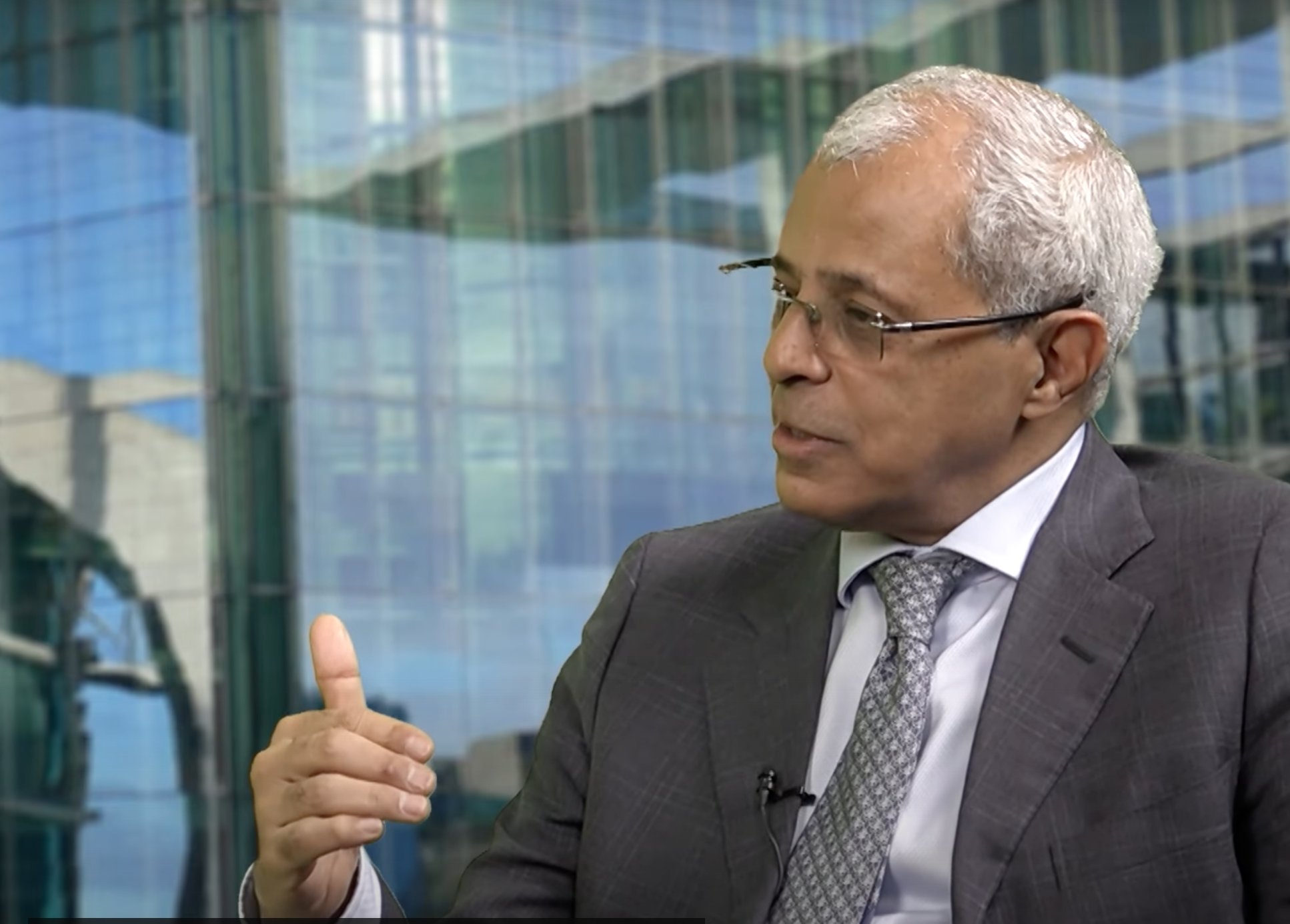diplo.news
The bamboo strategy
By Michael Backfisch

No US president has started his second term of office with such speed and force as Donald Trump. The number of his decrees and announcements in the first four weeks is dizzying. You always find yourself asking: “Did he really say that? “And the next Trump hurricane is already approaching.
And now it's happening again. Trump wants to impose 25 percent tariffs on all steel and aluminum imports. In addition, there will be “reciprocal duties” on other products for those countries that tax American goods. The president is swinging the tax club as if there is no tomorrow. This is intended to force American companies to pull up stakes in cheaper foreign countries and manufacture at home.
The bill won't work out. Whether it's import duties or manufacturing in one's own country: Production is becoming more expensive for companies, and prices for consumers are rising. Trump's promise that a “golden age” is beginning for the United States is a mirage. The reality is that inflation is being fueled.
Trump is an economic destroyer — both internally and externally. The foreclosure of the American economy is an end to the long-standing consensus on globalization. According to this, the supply chains of companies were spread across the entire globe. The global economy worked through the division of labor. Trump's “America-First” nationalism is the opposite of that.
Reduce the risk of clumps
But complaining doesn't help. Germany and the EU must prepare for Trump. The following applies to the German economy: It must diversify even more and look even more closely for new markets in Europe, East and Southeast Asia, Latin America and Africa. Just as German companies were too dependent on Russian gas imports before the start of the Ukraine war, German companies are now too closely linked to the American export market. In finance and banking, we speak of “bulk risk” when default risks accumulate due to excessive weighting on a specific sector, currency or asset class.
Of course, diversification doesn't happen at the push of a button. Setting up new business areas takes time. But we live in a “post-western world,” as British historian Timothy Garton Ash puts it. America is no longer playing its usual role as a democratic leader. New players such as China, India, Russia, Brazil, South Africa and Turkey are gaining economic, political and military weight. Economics and politics must focus on this epochal turning point.
The EU must also show no weakness vis-à-vis Trump. Europe must respond to US tariffs with countertariffs. Negotiating offers in advance — such as buying expensive American liquefied gas or military equipment on a large scale — would amount to kowtow. European compliance would be priced in by Trump in the future. The next time, the pressure would be even higher.
This does not mean that a compromise in the course of negotiations is impossible — but not as an advance payment. The EU must be smooth in tone, flexible in its dealings, but extremely tough on the matter. Let's call it the bamboo strategy. The plant species is flexible but cannot be broken.




